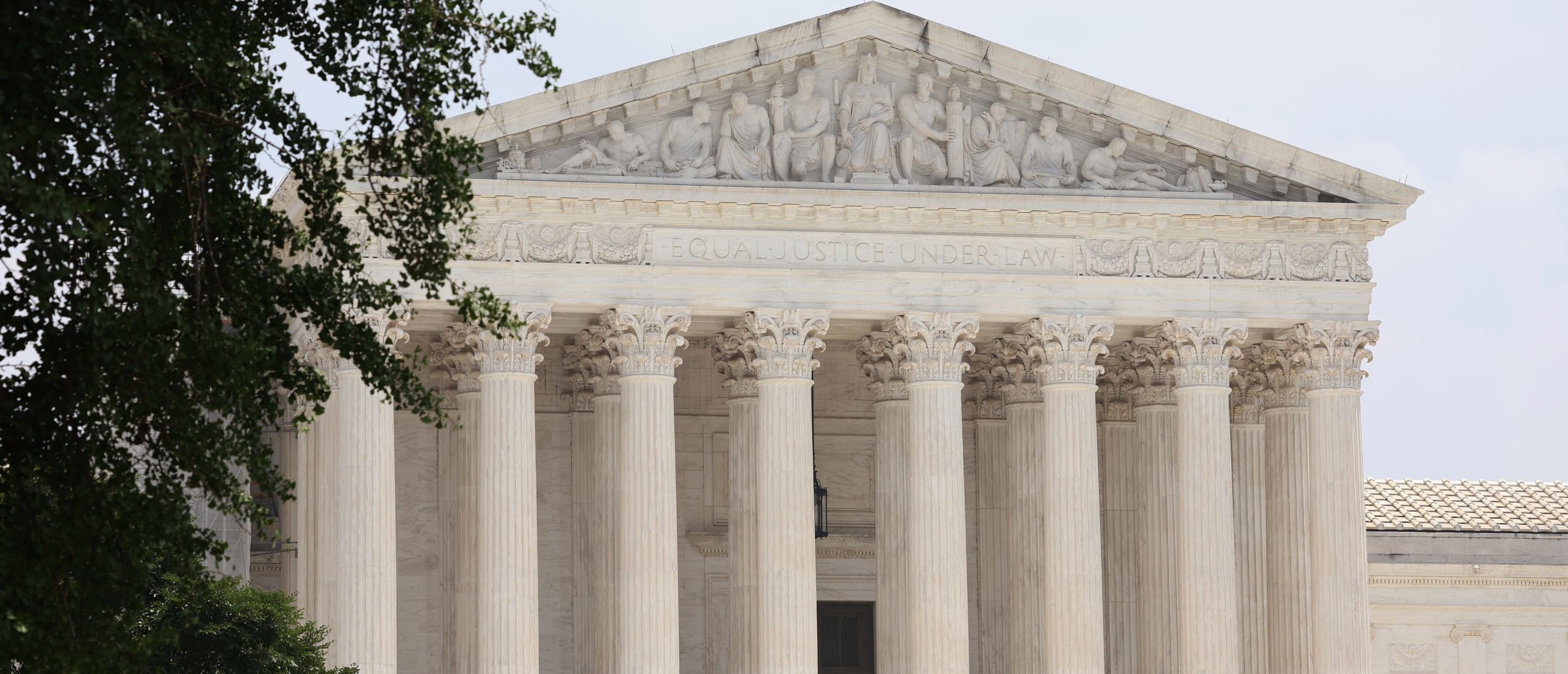- The Supreme Court heard oral arguments Tuesday in a case challenging the constitutionality of the Consumer Financial Protection Bureau’s (CFPB) funding mechanism.
- Solicitor General Elizabeth Prelogar argued that there is ample precedent for the funding mechanism Congress set up for the CFPB.
- “You’re just flying in the face of 250 years of history,” Justice Elena Kagan told attorney Noel Francisco, who was arguing on behalf of the payday lenders.
Supreme Court justices considered historical precedent for the Consumer Financial Protection Bureau’s (CFPB) funding mechanism during oral arguments in a case challenging its constitutionality Tuesday.
Rather than being funded through annual Congressional appropriations, the CFPB asks the Federal Reserve each year for the amount it deems “reasonably necessary” up to a cap adjusted annually for inflation. Trade associations who sued over CFPB’s 2017 Payday Lending Rule argue that this violates the Constitution’s Appropriations Clause, which gives Congress the “power of the purse.”
Attorney Noel Francisco, arguing on behalf of the payday lenders, told the justices the CFPB’s structure is “unprecedented.”
“One of Congresses’ most important checks on executive power is its power of the purse,” Francisco said. “That’s why Alexander Hamilton said that the unification of sword and purse was the very definition of tyranny. This case reflects precisely that fear of unification.”
Solicitor General Elizabeth Prelogar, defending the CFPB, presented a number of examples of agencies established by the early Congress that parallel the regulator’s structure, from the Customs Service to the Post Office and Patent Office.
Justice Samuel Alito pressed Prelogar on whether there was a founding-era or current agency that, like the CFPB, draws its funding from another agency that is not funded by Congress, since the Federal Reserve, itself, is not funded through Congress. Prelogar couldn’t give a direct example, but said the distinction was not relevant.
She then pointed to the Customs Service, arguing that it, too, was a powerful agency with enforcement duties that Congress chose to fund with a standing, uncapped appropriation.

WASHINGTON, DC – JUNE 30: The U.S. Supreme Court is pictured on June 30, 2023 in Washington, DC. (Photo by Kevin Dietsch/Getty Images)
The justices also pressed for clarity on the definition of appropriations: is it a specified amount, or simply the act of allocating any money?
The Constitution’s text clearly allows Congress to allocate funds and leave the amounts to agency discretion, Preloager argued — a position the Court’s three liberal justices appeared to readily assent to.
“That’s what the words seem to say,” Justice Ketanji Brown Jackson told Francisco.
Francisco’s consistent rebuttal was that providing an amount is the “minimum” Congress must do. Allowing the agency to determine what is “reasonably necessary” doesn’t cut it under separation of powers principles, he argued.
“You’re just flying in the face of 250 years of history,” Kagan said. (RELATED: Elizabeth Warren Worries SCOTUS Could Blow Up Banking Regulators)
Francisco maintained that the examples of early agencies supplied by Prelogar were not comparable to the CFPB since they were funded by fees established by Congress. The CFPB, meanwhile, was granted authority to pick its own amount of funds subject “only to a limit that’s so high that it’s almost never relevant,” he argued.
“If you can do that here, you can go agency by agency by agency and simply say ‘spend what you see reasonably appropriate as long as you don’t hit 10 billion dollars,'” he argued.
“I’m trying to understand your argument, but I’m at a total loss,” Justice Sonia Sotomayor said.
Jackson said she was concerned about the judiciary becoming a “super legislature.”
“I’m a little worried about the separation of powers problem that may occur if the judiciary gets involved with telling Congress when and under what circumstances it can exercise its own prerogatives as to funding, ” Jackson said. “How do we avoid the judiciary suddenly becoming a super legislature?”
“The judiciary has always played a vital role in policing the separation of powers,” Francisco replied.
All content created by the Daily Caller News Foundation, an independent and nonpartisan newswire service, is available without charge to any legitimate news publisher that can provide a large audience. All republished articles must include our logo, our reporter’s byline and their DCNF affiliation. For any questions about our guidelines or partnering with us, please contact licensing@dailycallernewsfoundation.org.


